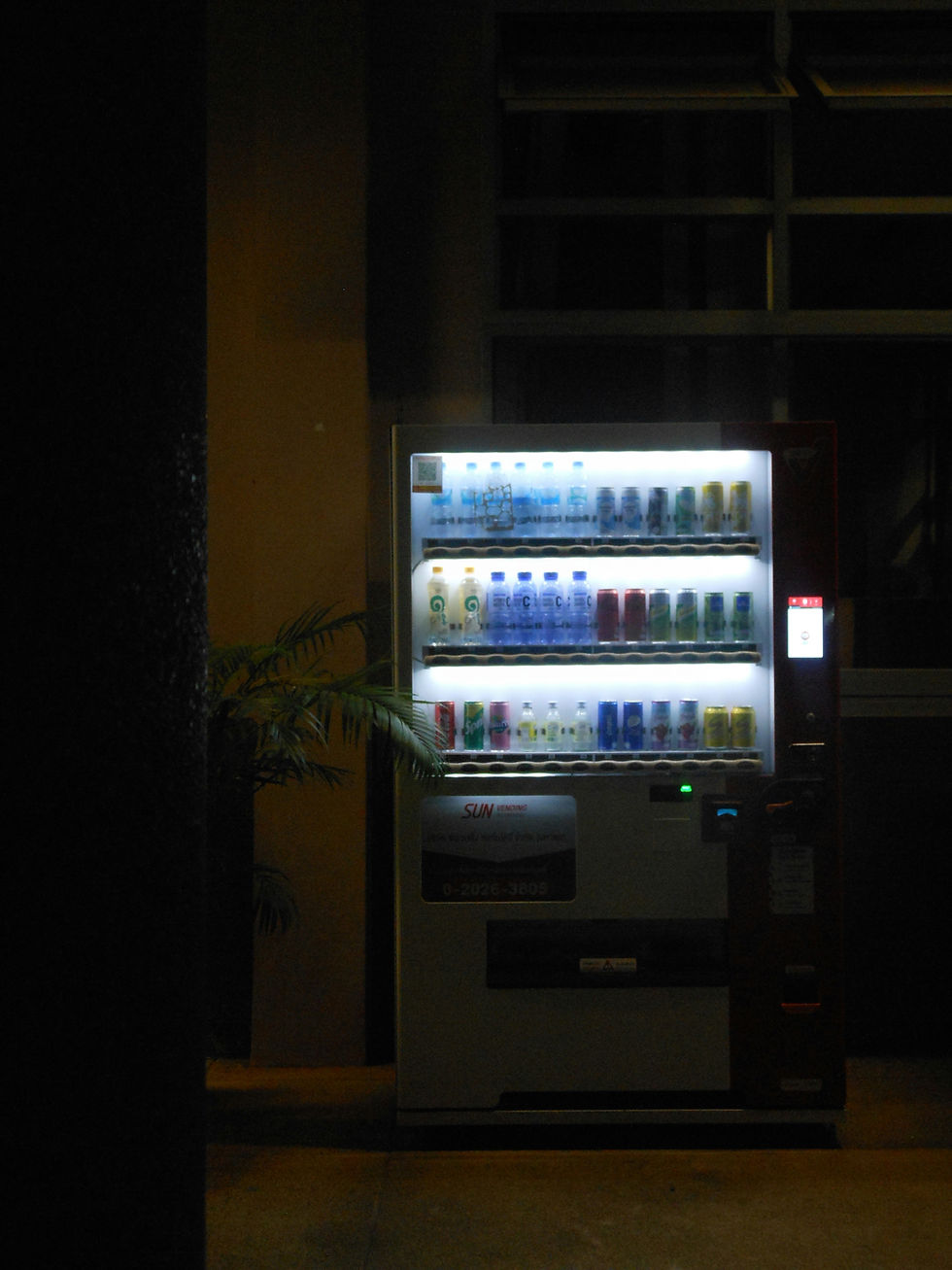Refreshment focuses on the water dispenser/cooler, office coffee service and vending sectors, while also taking an in-depth look into products for vending from bottled water and drinks, to snacks and confectionery. It also focuses on hydration, health and wellness, new technologies and environmental and social responsibility issues.
Research
Coffee & tea

Brazil is forecast to produce 55.7 million 60-kilo bags of coffee in the 2025 harvest, representing a 2.7% increase compared to last season’s harvest, according to the National Supply Company (Conab). If the estimated volume is confirmed, this will mark the largest ever harvest recorded in a negative biennial year, surpassing the 2023 harvest by 1.1%.
Conilon coffee drives growth
The main contributor to this growth is conilon (robusta) coffee, which is expected to see a 28.3% rise in average productivity, reaching 50.4 sacks per hectare. As a result, conilon production is projected to reach a record 18.7 million bags.
This outcome is attributed to favourable weather conditions during critical phases of the crops, supporting positive flowering and a high quantity of fruits per rosette.
In Espírito Santo, Brazil’s largest conilon-producing state, coffee production is forecast at 13.1 million bags. The increase is largely due to well-timed rainfall in the north of the state, which accounts for nearly 70% of the country’s conilon-growing area.
Bahia is also expected to see a strong recovery, with a 28.2% rise in conilon production to 2.5 million bags. As a result, Bahia will regain its position as the second-largest producer of conilon, overtaking Rondônia, where production is expected to reach 2.28 million bags.
Decline in arabica production
While conilon coffee sees growth, arabica coffee, which is more affected by Brazil’s biennial production cycle, is expected to fall by 6.6%, with a forecast of around 37 million bags.
In Minas Gerais, the largest arabica-producing state, the harvest is projected to be 25.65 million bags. According to Conab, the reduction in arabica production is mainly due to the negative effects of the biennial cycle, as well as the long dry spell that affected crops between April and September 2024, weakening the plants and reducing their productivity.
São Paulo is also expected to see a decline in arabica productivity due to the physiological effects of the biennial cycle, compounded by adverse weather conditions. However, the state’s total planted area is expected to grow by 5.3%, reaching 196,000 hectares. This growth will help offset the loss in productivity, leading to a 1.3% increase in production, estimated at 5.5 million bags.
Export volumes decline, revenues increase
Brazil’s coffee exports in the first quarter of 2025 dipped slightly, with 11.7 million bags shipped – down 1% compared to the same period in 2024. This reduction is attributed to limited domestic stocks in early 2025 following a tighter production cycle and strong exports in 2024.
Despite the dip in volume, the value of exports rose significantly. Brazil’s coffee exports were valued at $4.1 billion in Q1, a 68.9% increase compared to the previous year, driven by high global coffee prices and strong demand.
While global production is expected to rise, international coffee prices are likely to remain under pressure due to low global stocks. This will likely continue to support higher prices in the international market throughout the year.
Related posts
2026 outlook: How the vending and water sectors are shaping a smarter, more sustainable future
Representatives from the Automatic Vending Association (AVA), the European Vending & Coffee Service Association (EVA), the Water Dispenser & Hydration Association (WHA) and Zenith Global offer their insights into how technology, consumer behaviour and legislation will shape the future of automated retail and hydration.
.png)

%20(1).jpg)









